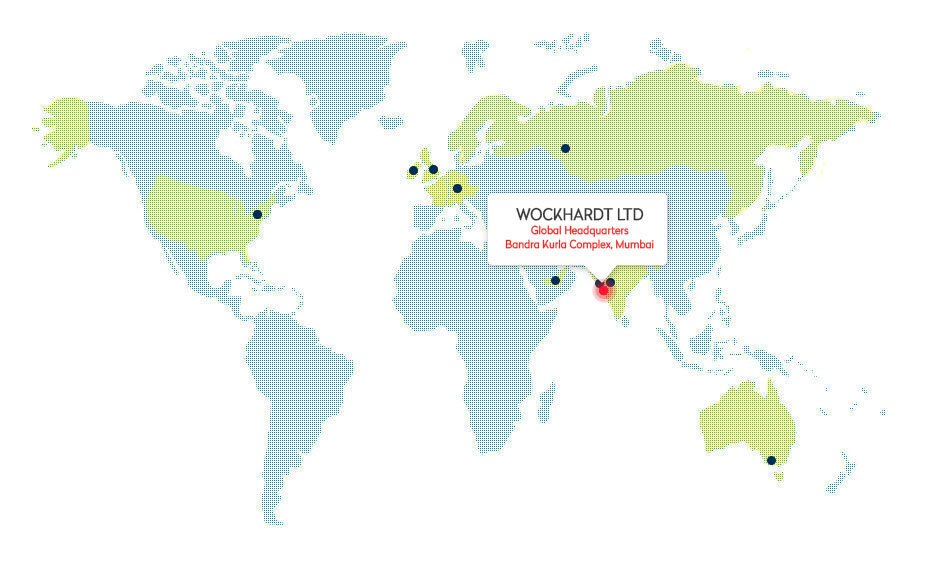Greater Noida(Health & Pharmaceuticals Desk):A clinically challenging case involving Wockhardt’s novel antibiotic Zaynich® was recently published in the July 17, 2025 issue of the Journal of Antimicrobial Chemotherapy – AMR, a leading publication by the British Society for Antimicrobial Chemotherapy. The publication details the successful use of Zaynich®, a combination of Zidebactam and Cefepime, in treating a critically ill U.S. liver transplant patient suffering from a pan-drug resistant infection—an infection resistant to all available antibiotics in the United States. This case report is jointly authored by US clinicians from leading hospitals, Houston Methodist Hospital, Weill Cornell Medical College and Johns Hopkins.
Notably, this patient was infected with two different pathogens – Pseudomonas and Klebsiella, both resistant to all the recently introduced antibiotics such as cefiderocol, ceftazidime/avibactam, ceftolozane/tazobactam, imipenem/relebactam. The case report detailed the results of genetic analysis of bacterial DNA and determined that Pseudomonas and Klebsiella harbored 4 distinct resistance mechanisms each leading to pan-drug resistance. Initially, the patient was treated for 10 weeks with cefiderocol and eravacycline (a novel tetracycline antibiotic), but the infection persisted, and the Pseudomonas strain became resistant to cefiderocol.The patient continued to suffer from fever and chills, and imaging tests showed new abscesses in the liver — clear signs that the infection was not under control.
Given the high risk of transplant failure due to these MDR infections, a multidisciplinary team, including microbiologists, infectious disease experts, oncologists, and transplant surgeons, sought emergency access to Zaynich®. The antibiotic was administered for 14 days around the time of the liver transplant. The results were remarkable – within 11 days, the patient improved clinically and transferred from ICU to regular floor, and follow-up imaging showed no signs of active infection. Importantly, the patient remained infection-free even after six weeks of completing treatment with Zaynich®, making liver transplant successful and allowing doctors to safely resume chemotherapy for the underlying cancer.









